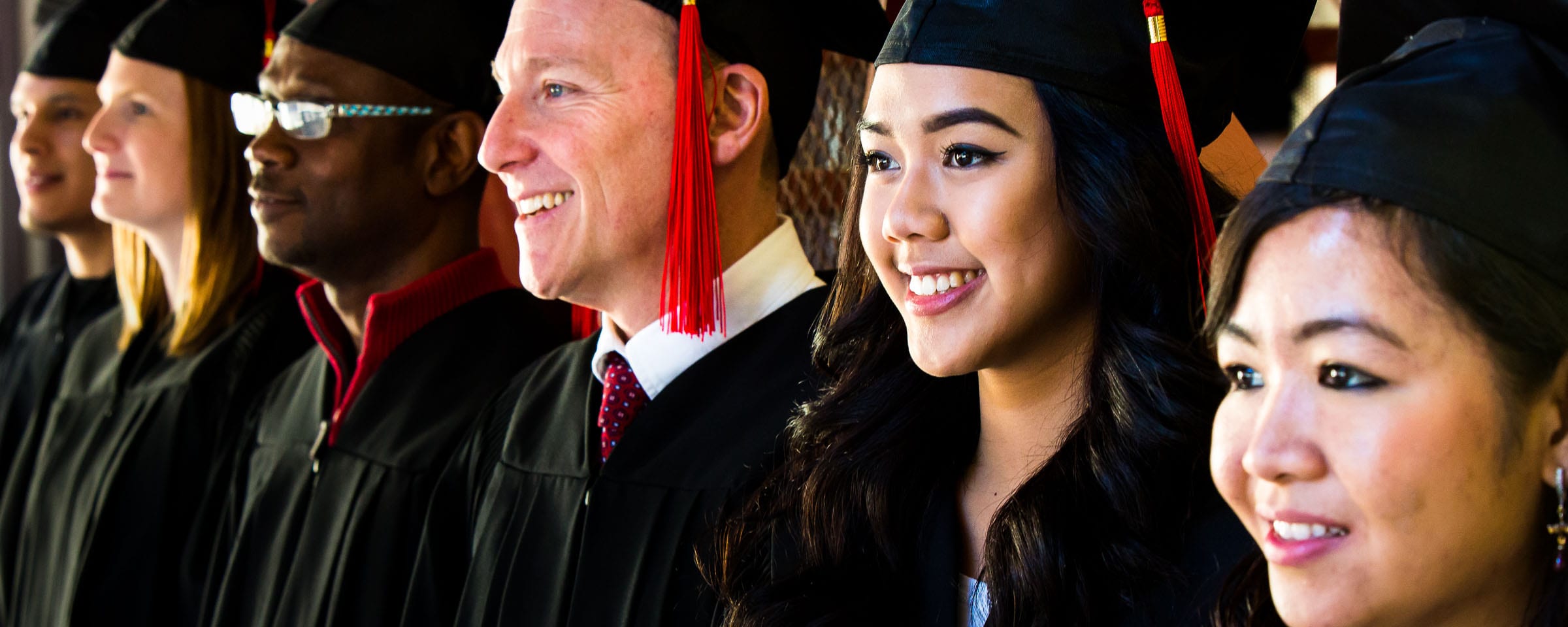International Business grad connects Indigenous communities with clean energy options
Darrell Brown believes knowledge is power, and in his case, clean power.
Brown is the president and owner of Kisik Inc. — a company that provides school, office and health-care furniture to First Nations clients and federal government departments — as well as Kisik Marketing and Communications Ltd.
Brown’s quest for knowledge began at Red River College, where he earned an advanced diploma in International Business in 1998.
In 2013, the Cree entrepreneur earned a certificate of Indigenous leadership, governance and management excellence from the Banff Centre for Arts and Creativity. The next year, he was back at the Banff Centre participating in a week-long leadership workshop called the Ambassadors Program.
One of Brown’s latest learning experiences was with the 20/20 Catalysts Program. In 2016, he participated in the interactive three-month program, which is designed to support Indigenous communities embarking on clean energy projects.
“Across Canada we have many First Nations that are not connected to the power grids, so they are still burning diesel,” says Brown. “The idea is to connect them with renewable energy and reduce their reliance on diesel.”
“It was an intense course last summer on how to develop and execute an Indigenous renewable energy project for your community. We had layers and layers of support: business mentorship, personal coaching, the staff of the program and non-stop excursions to renewable energy sites. We were onsite for three weeks in three different provinces. We learned firsthand from the people who have done their clean energy projects. These were chiefs and former chiefs and economic development officers who have all executed their own renewable energy projects for their own First Nations.”
As an associate with Lumos Clean Energy Advisors, Brown is working with Gull Bay First Nation to develop a solar micro-grid for the northwestern Ontario community.
“With renewable energy, it’s actually a way for First Nations that don’t have much economic development to take ownership of their energy source and to develop a revenue stream, because renewable energy becomes energy you can sell to the utilities,” he explains.
And Brown isn’t finished learning. Currently, he’s participating in the Directors Education Program through the Institute of Corporate Directors.
“It’s another important piece of education and the reason I need it is to perform at a higher level for national boards,” Brown says. “There is a huge demand but a shortage of experienced Indigenous board people, so taking this course gives you that certification.”
Brown says his time at Red River College has served him well in whatever entrepreneurial or educational experience he finds himself in.
“There was a strong emphasis throughout the International Business program on analysis,” Brown says. “We picked case studies of international business events and issues and … had to analyse them and explain what’s happening, why it’s happening and what we think should happen. That exercise helps me now, in that I can look at things that are happening nationally for my furniture dealership and internationally for clean energy. The International Business program has always been the backbone for the day-to-day businesses that I run.”
— Profile by Jared Story (Creative Communications, 2004)

